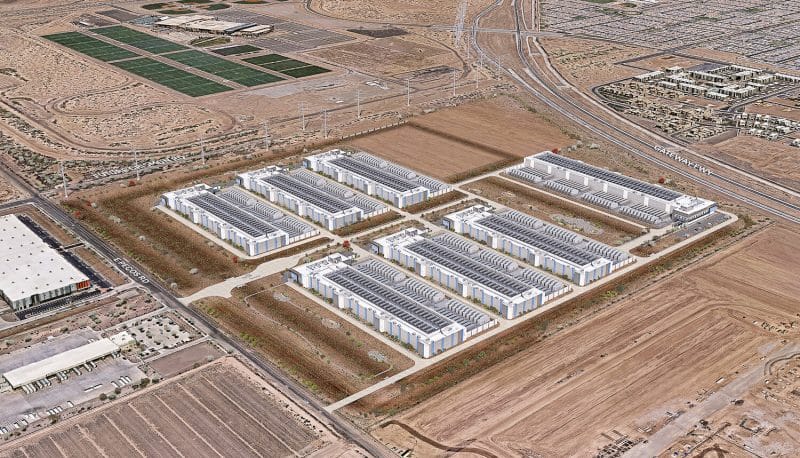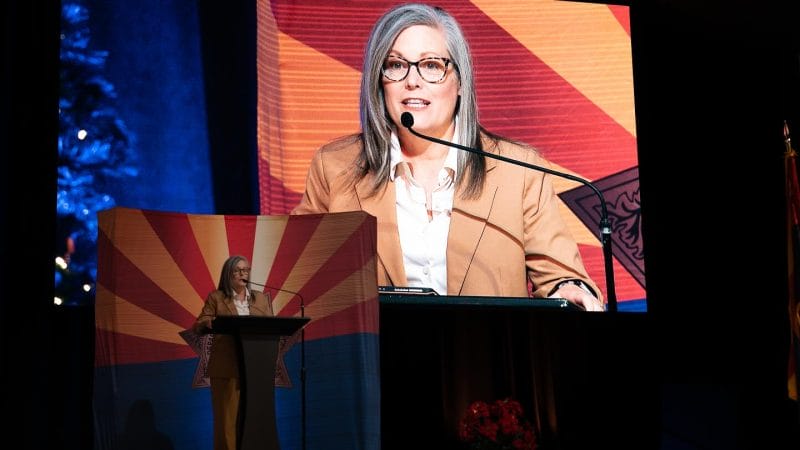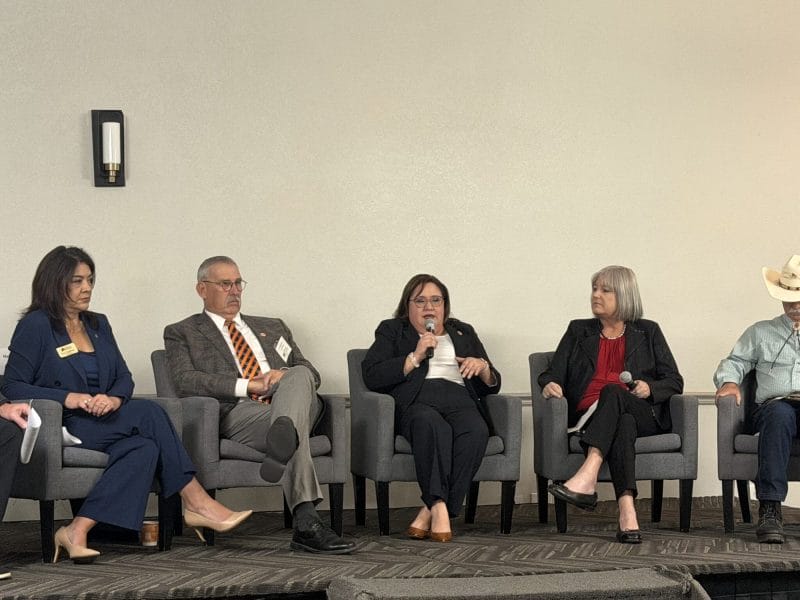
/Photo by Joe Amon/The Denver Post
In Depth by The Denver Publish
The 2-story, five-bedroom place simply east of Loveland was as candy as Tlene and Tyler Sterkel dreamed it might be, from the customized finishes within the basement to the granite counter tops and the en-suite main bedroom.
Then their first property tax invoice arrived. Already on a good price range, they stared at a invoice that had gone from $818 at their closing in 2014 to just about $Three,500 barely a 12 months later, then $four,400 two years after that.
“We were suddenly buried in property taxes we couldn’t afford,” Tlene Sterkel mentioned. “The mortgage on the house we could afford just fine. But the taxes murdered us. We never saw it coming.”
Their $312,000 house was one in every of greater than 1,900 deliberate for a neighborhood often known as Thompson River Ranch, a 650-acre growth on the sting of Johnstown. About 650 of these homes are completed at this time.
Practically half the Sterkels’ tax invoice — and the explanation it had shot up so shortly — went to Thompson Crossing Metropolitan District No. four, the quasi-government metro district that controls the world the place they bought. The district’s tax levy was the one one to extend every year they had been of their house.
Metro districts are taxing authorities created by subdivision builders, with the consent of the native authorities, for the only real function of promoting government-like bonds to finance their initiatives. Compensation of the bonds is tied to future property taxes assessed to the properties that can ultimately be constructed.







